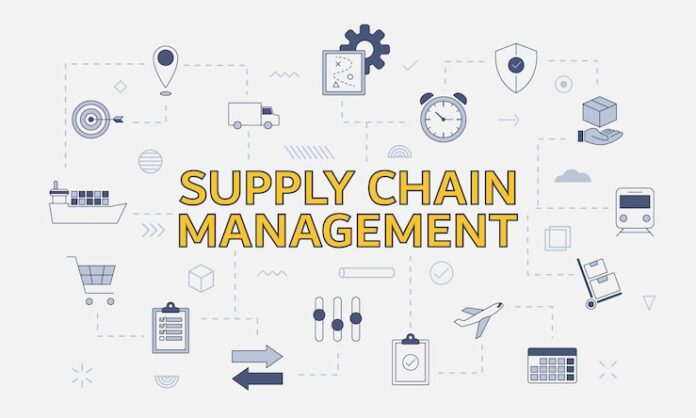The supply chain sector is essential to a country’s economy and foundation. A well-planned and functional supply chain system lowers production costs, increases company ease, improves customer experience and satisfaction, and, most importantly, encourages rural and urban consumption development by increasing market accessibility.
Because of the complexity of today’s global supply networks, a data-driven approach to supply chain management is required. Data-driven SCM provides insight from end to end for regulating the information flow, goods, and services, from sourcing to manufacturing and delivery to the end user. Other factors contributing to good supply chain management include adequate pricing controls, strong customer and supplier connections, deploying innovative supply chain technology, and getting the correct logistical partners.
Increased financial responsibilities and diminishing customer confidence exacerbate the situation. Because the supply chain has a direct or indirect impact on all other sections of the economy, even minor supply chain interruptions or failures can have a negative ripple effect across the business.
What is the Supply Chain?
A supply chain is a whole process of making and distributing goods or services, beginning with the acquisition of raw materials and ending with the delivery of goods or services to clients.
The supply chain meaning encompasses all components of the manufacturing process, including events that occur at each phase, information that is transferred, natural resources used to manufacture valuable materials, human resources, and other factors that contribute to the final product.
What is the definition of Supply Chain Management?
Supply change management (SCM) is a comprehensive and thorough system or process used by organizations of all sizes and sectors to oversee and manage a variety of operations that take place between the production of a product and its delivery to customers.
The Advantages of Supply Chain Management:
When a corporation implements effective supply chain management, it achieves a competitive advantage by decreasing the risks involved with procuring raw materials and selling completed goods or services. The benefits of supply chain management are numerous. The following are some of its major advantages.
- Lowering of Operational Costs
Inventory management is a component of supply chain management that, when correctly planned and managed, has the potential to dramatically reduce costs.
Inventory management software helps managers to maximize the production of internal inventories by utilizing an on-demand or lean inventory approach.
This has assisted firms in their pursuit of accuracy when it comes to demands, allowing them to eliminate less productive and inefficient warehouses while saving a significant amount of money.
- Increased Efficiency
Companies may better predict and respond to demand when their supply chain operations, which include resource procurement, logistics, and delivery, are planned and handled methodically. This increases a company’s capacity to react to changing markets and industry trends.
- Improves the Customer Experience
The ultimate goal is to offer the right items to the right client in the right amount at the right time. Customers typically seek assistance from the organization or delivery partner if they have an issue with the ordered merchandise.
Organizations with a sophisticated supply chain management system can answer customer queries/requests/complaints rapidly, helping them to retain customers and earn their loyalty.
- Improved Risk Management
Analyzing both big-picture and particular supply chain data can reveal potential hazards, allowing firms to immediately create backup plans for unanticipated situations. Businesses may prevent disastrous results by planning ahead of time rather than reacting to supply chain delays, quality control issues, and other hurdles as they arise. Businesses may also assure speedier operations by recognizing dangers earlier.
- Betters Financial Performance
Supply chain managers are valuable assets to firms because they use their skills and knowledge to review performance, optimize processes, minimize product life cycles, and identify new profit-generating opportunities.
Conclusion
Companies’ sustainability in today’s economic environment and dynamic market is heavily reliant on innovative and realistic corporate strategy, as well as supply chain management.
In order to fulfill expanding consumer demands, companies must combine supply chain and logistics with IT to enable effective coordination across all components of the supply chain, from sourcing and production through delivery to the destination – the customer. Maintaining economic equilibrium necessitates effective supply chain management.
The GST Council has given different GST rates to various commodities and services. While certain items are exempt from GST, others are subject to 5%, 12%, 18%, or 28% GST. Since the new tax regime was adopted in July 2017, the GST rates for products and services have been altered many times.







